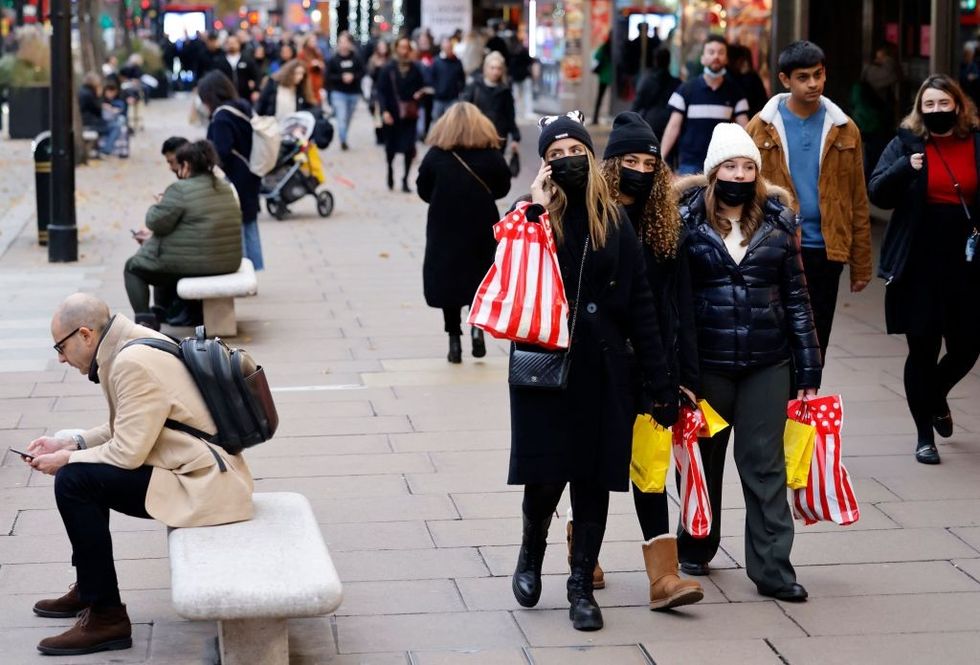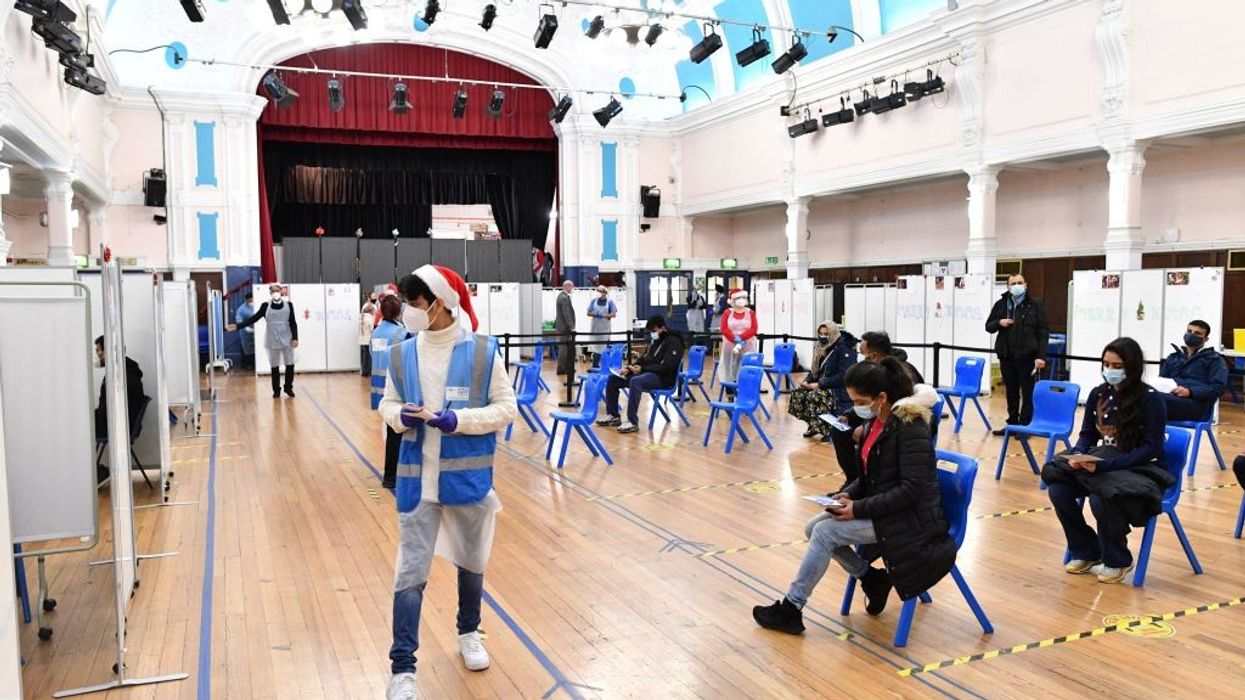THE Labour party has claimed that ministers are risking the emergence of other Covid variants like Omicron by thwarting a bid by poorer countries to manufacture their own vaccines, The Guardian reported.
According to the opposition party, the government has “actively blocked countries in Africa and across the developing world from making their own vaccines” by opposing a waiver on intellectual property rights for Covid vaccines.
Rich countries are divided over the proposal for a temporary waiver, first floated last year by India and South Africa. While the US, Australia and New Zealand have backed the idea, the UK, European Union and Switzerland are opposed.
Gareth Thomas, the shadow trade minister, has written to Penny Mordaunt accusing Boris Johnson’s administration of helping to prevent a move that would increase vaccination in deprived nations and reduce the risk of further mutations.

“I’m writing to ask why the government is continuing to block solutions to the Covid pandemic, given the severity of the crisis affecting the NHS and the economy caused by rapidly escalating levels of Omicron cases?”, he wrote to trade policy minister Mordaunt.
“The people of our country will not be safe from new variants of Covid until global solutions are in place, levels of vaccination worldwide are significantly higher and levels of infections across the developing world are lower. An [intellectual property rights] waiver is important to achieving this.”
More than 100 countries, Pope Francis, UN experts, global civil society organisations such as Medecins Sans Frontières and human rights lawyers have backed India and South Africa’s plea for a temporary waiver from key elements of the Trade-Related Aspects of Intellectual Property Rights (Trips) Agreement, which helps pharmaceutical companies to exploit new drugs they produce.
Negotiations, overseen by the World Trade Organization (WTO), have made little progress.
Earlier this month the government reiterated its opposition to the plan. A UK government spokesperson confirmed that it did not support a waiver.
“The UK has engaged in discussions on intellectual property (IP) and a possible Trips waiver at the WTO, and we will continue to do so constructively. A fit for purpose IP system has been crucial in supporting the rapid development of new vaccines, and a waiver would risk undermining the framework’s ability to do this and could disincentivise future research and development investment,” the spokesperson was quoted as saying by The Guardian.
“The UK has been a world leader in ensuring developing countries can access vaccines through our investment in Oxford/AstraZeneca, early support to the Covax scheme [to provide vaccines to poorer countries] and commitment to donating vaccines."





